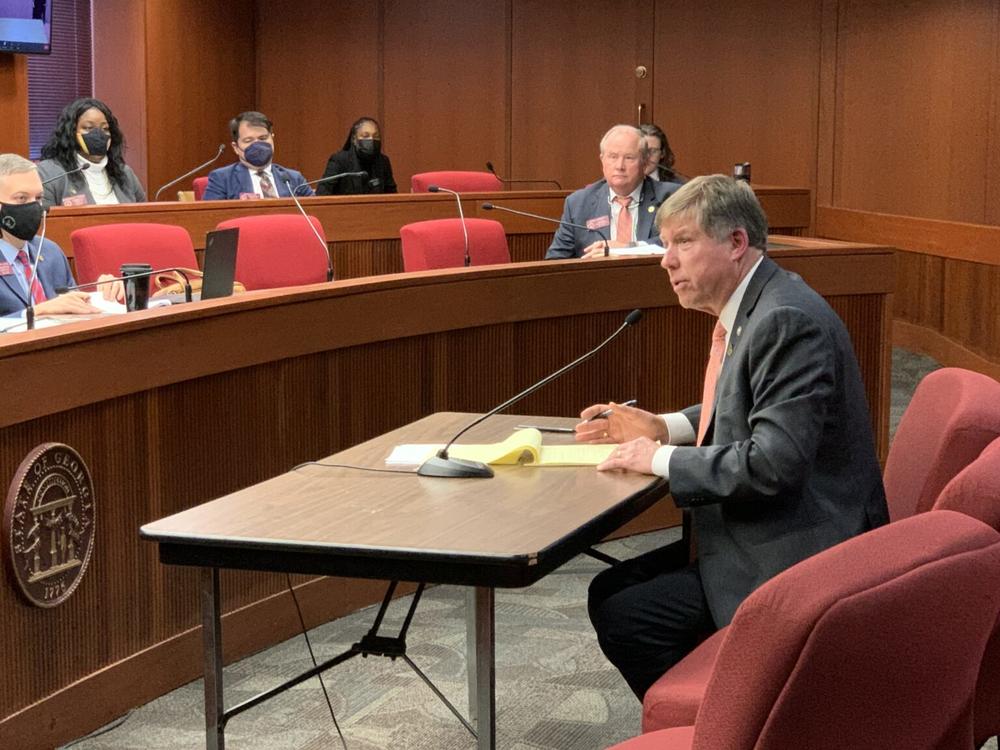
Caption
Rep. Robert Dickey, a middle Georgia Republican, is proposing a rewrite of the state’s four-decade-old “Right to Farm” law. But opponents warn it will open the door to large-scale animal operations.
Credit: Jill Nolin/Georgia Recorder

